Indian banks will be required to adopt a simple form of new capital safety rules known as Basel II by March 31, 2007 in a move to align them with international standards, the Reserve Bank of India (RBI) said on Tuesday. The move to modernise the safety standards comes earlier than expected and will put Indian banks on a level playing field with those rich-nation competitors who are expected to implement the same approach at the start of 2007.
In a notification on its website, www.rbi.org.in, the central bank said banks would need to hold nine percent of capital as a proportion of risk-weighted assets, as opposed to the eight percent set out by the Basel Committee on Banking Supervision.
Later, banks would be allowed to adopt more sophisticated methods of risk management as outlined by the committee, such as the Internal Based Ratings (IRB) approach. Basel II lays out international standards for how much money banks must keep in reserve to cushion against unexpected losses.
"After adequate skills are developed, both in banks and at supervisory levels, some banks may be allowed to migrate to IRB approach after obtaining the specific approval of (the) Reserve Bank," it said.
The standardised approach, the simplest of three approaches that the accord offers as alternatives to calculate the capital required to mitigate risk, requires banks to set aside eight percent of their capital without providing a detailed assessment of risk.
Banks would also have to adopt the basic indicator approach for operational risk "at a minimum", the Reserve Bank said. Top global bank regulators agreed last year to a sweeping overhaul of bank capital rules to strengthen the world's financial system.
The draft Basel II accord came after five years of haggling over how to modernise 1988 rules - the first Basel agreement - to suit today's highly sophisticated financial markets. Many analysts expected developing countries such as China and India, who are struggling to modernise their financial systems, to reject the new accord or postpone its adoption indefinitely.
BR100
15,235
Increased By
150.4 (1%)
BR30
44,824
Increased By
812 (1.85%)
KSE100
149,971
Increased By
1353.3 (0.91%)
KSE30
45,655
Increased By
407.2 (0.9%)





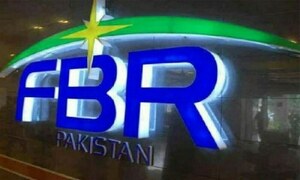
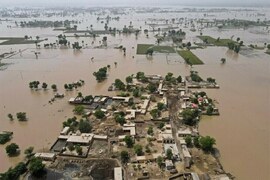







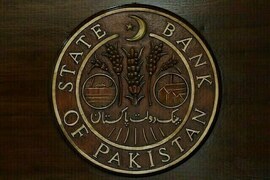
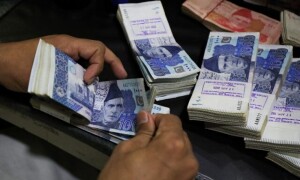



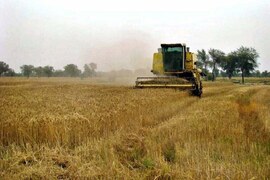


Comments
Comments are closed.